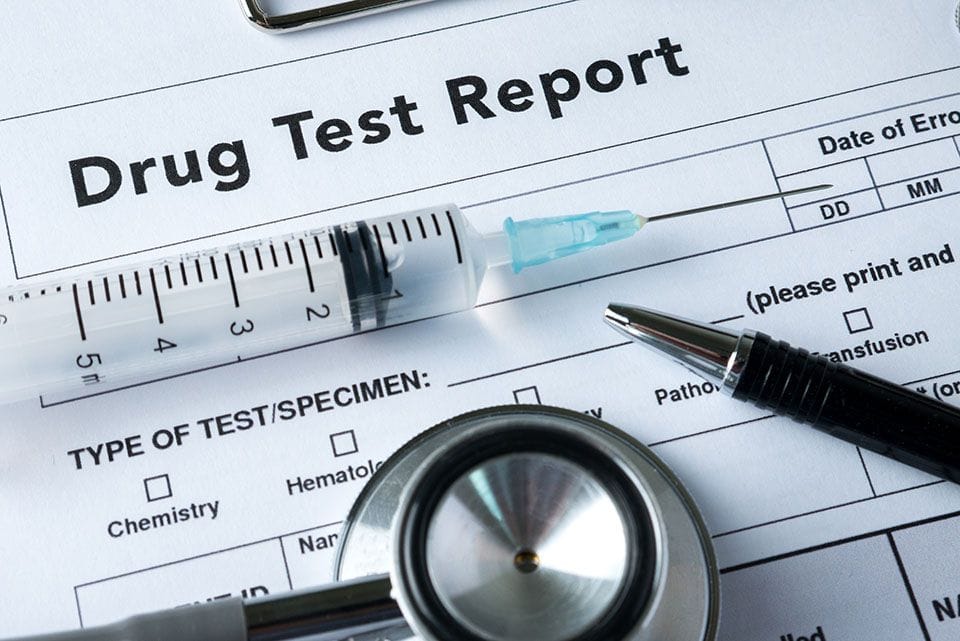How we look at events or situations plays a significant role in how we feel and behave. This is particularly true when it comes to alcohol and drug addiction. Consider the last time you got angry: Your negative feelings were likely triggered by a thought – e.g. “That driver shouldn’t have cut me off!” This may have led to a reactive behavior such as cursing at the driver, honking your horn, and then stopping at the nearest bar to “cool down” with a few drinks. Dr. Aaron Beck, the psychiatrist who developed Cognitive Behavioral Therapy (CBT) – one of the most effective types of therapy used today – understood the intricately connected relationship between our thoughts, feelings, and behavior. Irrational thoughts – known as cognitive errors or distortions – are inevitably present in depression, anxiety, substance abuse and addiction, and a variety of other disorders. For example, in CBT, your initial thought (a classic “should” statement) is a “cognitive error”. You may say, “But most people would agree that cutting someone off in traffic is wrong”. However, the irrational part is that it’s unrealistic to expect everyone to behave a certain way. The driver may have been rushing to the hospital because he just found out that his daughter was in a serious accident. Now you’d probably agree that his behavior seems much more justified – and your thought (and subsequent reactions to it) a lot less rational, right? Cognitive behavioral therapy has been used in many alcohol and drug addiction treatment programs. By helping addicts recognize the irrational thought patterns that triggered negative emotions and also allowed them to justify their behavior, they can begin to change their internal programing. Following are a few of the most common cognitive errors. Let’s take a look at some of the ways they may fuel addictive behavior: “Should” or “ought” statements – The underlying premise of these types of statements is the erroneous belief that you and / or everyone else should live up to your rules and expectations (which are often unrealistic). If you’re an addict, you may reach for a fix every time you fail to do what you think you “ought to” or “should be able to” do. This type of thinking quickly leads to frustration, disappointment, and even despair – all-too-frequent emotions that fuel addictive behavior. All-or-nothing thinking – Sometimes referred to as “black and white thinking”, this cognitive error often manifests itself in the frequent use of absolute terms. For example, words like “never” and “always” are rarely accurate or realistic. It’s easy to justify substance abuse if you tell yourself “I’ll never be able to get clean” or “Life always gives me a raw deal”. Magnification or minimization / Catastrophizing – It’s not uncommon for anyone who struggles with drug addiction to either discount (or minimize) positive things and magnify the negative ones. For example, if you never give yourself credit for the lengthy periods of time you’ve stayed clean and focus instead on the two times you relapsed in the past 5 years, it will be difficult to believe in yourself or find the motivation to work your program. If you do relapse again, you may end up catastrophizing the event, which is another form of magnification. For example, “I had a drink last night; now I’m definitely going to lose my job this time, get evicted from my home, and end up living on the streets…!” Can you see how this type of irrational thinking will make it easy to believe that there’s absolutely no reason to bother with drug rehab treatment. Overgeneralization – This cognitive distortion takes place when you take bits of information or an isolated incident and make huge, sweeping generalizations. For example, let’s say you decide to attend a 12-step meeting and some woman makes a hurtful comment. Instead of staying at the meeting and trying to get to know some of the other group members (95% of whom you’d find to be very kind), you quickly conclude that all 12-step members are hurtful and unkind. You leave the meeting before it’s over and never try again. Labeling or mislabeling – Using the example above, you may have been quick to label the person who made the hurtful comment a “bitch” or an “idiot”. You may also label yourself as a “jerk magnet”. While the behavior was unkind, what you didn’t know is that this normally thoughtful, kind-hearted woman had just found out her husband of 20 years was having an affair and leaving her. Her comment wasn’t really directed at you; rather, it was a reflection of her own pain. It’s easy to apply unkind labels rather than recognize and accept that behavior is not always a reflection of one’s character. After all, we all have a bad moment now and again. Blaming or personalizing – Of all the cognitive errors, blaming often plays a huge role in addictive behavior. Addicts often blame others for their situation. If your wife is constantly nagging you or your father always belittled you as a kid, you may feel that they’re responsible for your alcohol or drug addiction. Personalizing involves the opposite and can also fuel addictive behavior. When you personalize, you blame yourself for things that are beyond your control. You may feel that your father’s constant derogatory remarks were somehow your fault because you weren’t as perfect as other kids, or that your wife’s nagging is justified because you aren’t bringing home a six-figure income. Perhaps now you can see just how powerful cognitive errors are and how easily they can both trigger and perpetuate an alcohol or drug addiction. When those irrational thoughts become deeply ingrained habits, it can be difficult to make lasting changes and have a successful recovery. One of the best ways to do this is to find a drug rehab treatment program that uses cognitive behavioral therapy as part of their therapeutic approach. A skilled therapist can help you identify the cognitive errors that you often make and then guide you in replacing them with healthier and more accurate ways of looking at yourself and the world. Since anxiety, depression, and other disorders also often occur with addiction, CBT will also benefit your emotional wellbeing and further increase your chances of a successful recovery.
Call for Immediate Help:1.844.876.7680


